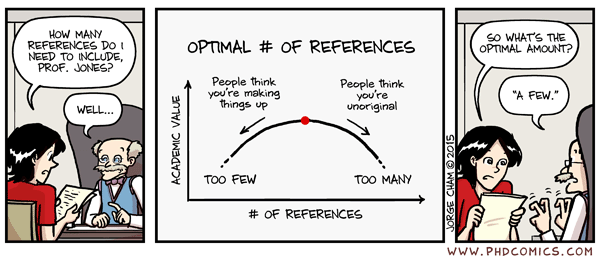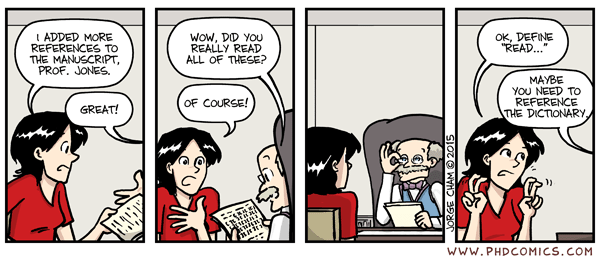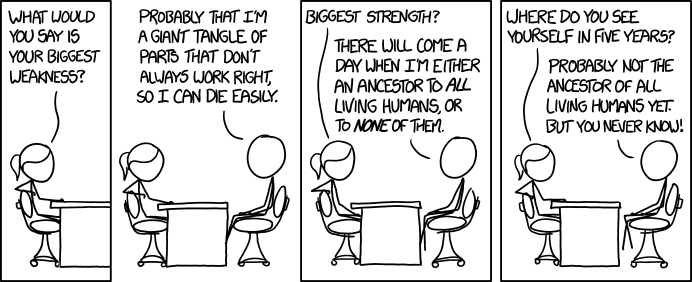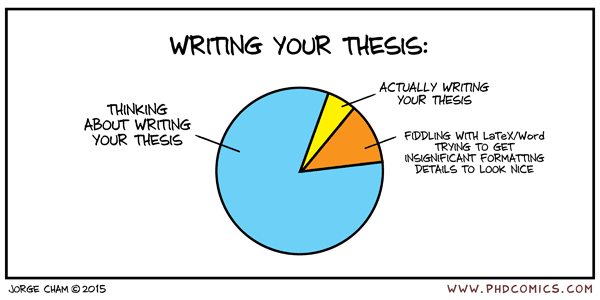It seems that Rob Bell and Oprah Winfrey are pretty good friends these days. Bell has appeared on Oprah’s show numerous times, and just recently appeared, along with his wife Kristen, on her “Super Soul Sunday” episode over Valentine’s Day weekend. Their appearance was designed to promote their new book, The ZimZum of Love: A New Way of Understanding Marriage (HarperOne: 2014).
Now, I have to confess that I have no idea what the main title means. But, the subtitle is pretty bold. Given that marriage dates back to the very creation of mankind in Genesis, do we really need a new version of it? Is something wrong with the original version? Apparently Bell thinks so. At least as it pertains to the issue of gay marriage, which he endorses in this new book.
The issue of gay marriage even comes up in the interview with Oprah. Since Oprah is unlikely to challenge the coherence of Bell’s rationale (she wholeheartedly agrees with him), I thought I would fill in the gap by offering an analysis of his statements here. Here are some excerpts from the interview.
1. During the interview, Kristen Bell reads a line from the book: “Marriage, gay and straight, is a gift to the world because the world needs more not less love, fidelity, commitment, devotion and sacrifice,”
This is one of the statements that resonates with our modern world. After all, who is opposed to “love”? Who doesn’t want more “love” in the world? This sort of rhetoric is very effective at making anyone opposed to gay marriage look like they are against love. It makes them looks like they are hateful.
But, never do such statements define what “love” really is. For our culture, “love” means whatever you want it to mean. There are no rules, no restrictions, no boundaries. But, let’s imagine some different scenarios and see whether Bell’s logic makes sense. Let’s imagine an adult son and his mother wanted to get married. Is Bell ready to say this incestuous marriage “is a gift to the world because the world needs more not less love“? Doubtful. Or, perhaps a man wants three wives. Is Bell ready to say this polygamous marriage is “a gift to the world because the world needs more not less love?” If he is consistent, he would have to say yes.
On Bell’s 1960’s “All you need is Love” view of marriage, it could never be a definable institution that people participate in. Rather, marriage simply becomes whatever each person wants it to be. Thus, on Bell’s view there can be no such thing as marriage. Because “marriage” is defined by the whims and preferences of each individual, it just evaporates into subjectivism.
2. After Oprah asked him why he included gay marriage in his book, Bell said, “One of the oldest aches in the bones of humanity is loneliness…Loneliness is not good for the world. Whoever you are, gay or straight, it is totally normal, natural and healthy to want someone to go through life with. It’s central to our humanity. We want someone to go on the journey with.”
I’ve got to say, this is masterful work from Bell. Framing the debate over homosexual marriage around the issue of loneliness is brilliant. After all, if anyone objects it looks like they are a cruel, unfeeling person who doesn’t care about the suffering of the homosexual community.
But, once again, when you dig into Bell’s statements more deeply, you realized they are flawed at a fundamental level. Bell says loneliness “is not good for the world.” Maybe so. But, sexual immorality is also not good for the world. Casting off God’s guidance on what counts as legitimate healthy sexual activity is also not good for the world. Despite popular beliefs, immoral sexual activity is not harmless. It can have serious emotional, spiritual, and even physical ramifications.
Even more, the “loneliness argument” Bell espouses could be used to justify virtually any sexual activity. Returning to the example above, what if an adult son and his mother wanted to get married and cited their “loneliness” as the reason? Does that make it Ok? Is polygamy also Ok on the grounds of loneliness?
But, there is an even bigger problem here for Bell. If loneliness is the issue, one does not need marriage to solve it. People live together and sleep together all the time as a cure for their loneliness. On what possible grounds could Bell object to two people living together outside of marriage? They could throw Bell’s loneliness argument right back in his face, “Come on Rob, ‘it is totally normal, natural and healthy to want someone to go through life with. It’s central to our humanity. We want someone to go on the journey with.'”
3. When Oprah asks why the church does not yet “get it” regarding gay marriage, Bell says: “I think culture is already there and the church will continue to be even more irrelevant when it quotes letters from 2,000 years ago as their best defense, when you have in front of you flesh-and-blood people who are your brothers and sisters, and aunts and uncles, and co-workers and neighbors, and they love each other and just want to go through life.”
From someone who at least pretends to be a pastor, this is a stunning statement. Notice that Bell doesn’t refer to the “Bible” or to “Scripture” or to “God’s Word” but instead refers to “letters from 2,000 years ago.” This is a pejorative (and deceptive) way of speaking designed to undermine the credibility of the Bible regarding sexual issues. These are just old letters, says Bell, pay no attention. They have nothing to say about these things. Don’t bother listening to them.
By kicking the Bible to the curb, Bell may please Oprah, but he stands in direct contrast to thousands of years of church history (not to mention the history of Israel). God’s people have always looked to the Bible as the ultimate guide for life, especially when it comes to issues of sexual ethics. Indeed, as I pointed out in a prior post, the earliest Christians stood out from the Greco-Roman world precisely in the area of their sexual behavior.
Even Jesus himself looked to the Bible as the ultimate guide for sexual ethics. He appealed to numerous biblical texts to defend the idea that marriage is between one man and one woman (e.g., Matt 19:1-9).
So, what does Bell think is a better guide for sexual ethics than the Bible? Personal experience. Why would you choose the Bible, says Bell, “when you have in front of you flesh-and-blood people who…love each other and just want to go through life.’ In other words, what should guide our decisions is the personal sexual experiences of people. We should follow what they feel is right. If this is how they find “love” then great. Thus, on Bell’s view, there are no sexual ethics. There are just people’s personal sexual preferences. Welcome to a brave new world.
Of course, as noted above. This logic puts Bell in a predicament. If everyone gets to just pick their own sexual practices, then he must acknowledge that incestuous love, polygamous love, and many other kinds of deviant sexual behavior are all legitimate.
With the help of Rob Bell, I am sure that our culture is headed precisely in this direction. The logic used to justify homosexual marriage is like an acid that will eventually eat its way through every remaining sexual boundary in our culture. And pretty soon, there will be no boundaries.
And this will not create a culture of love, peace, and fulfillment as Bell and Oprah predict. It will create a culture of sexual, emotional, spiritual, and even physical brokenness. Ironically, therefore, it will create a culture of loneliness. The very thing Bell said that homosexual marriage is designed to cure.
When the culture eventually hits rock bottom, the hope is people will begin to see that a society without any sexual boundaries is self-destructive. The hope is that they will be like the young cowboy Billy in the 1993 movie Tombstone. After running with the lawless crowd for a while, Billy begins to see how destructive that life really is. Then he comes to his senses and declares to the gang leader, “I’m sorry sir, but we’ve got to have some law.”
Yes, even in the world of sex and marriage, “We’ve got to have some law.” And when a culture begins to realize it, usually that is when revival takes place.
 My buddy Andy Johnson (Nazarene Theol Sem) – wonderful guy, great scholar – has written a handy essay on
My buddy Andy Johnson (Nazarene Theol Sem) – wonderful guy, great scholar – has written a handy essay on 



















![More actual results: 'Hello. My name is Inigo Montoya. You [are the best. The best thing ever]', 'Revenge is a dish best served [by a group of people in my room]', and 'They may take our lives, but they'll never take our [money].' More actual results: 'Hello. My name is Inigo Montoya. You [are the best. The best thing ever]', 'Revenge is a dish best served [by a group of people in my room]', and 'They may take our lives, but they'll never take our [money].'](http://imgs.xkcd.com/comics/ios_keyboard.png)